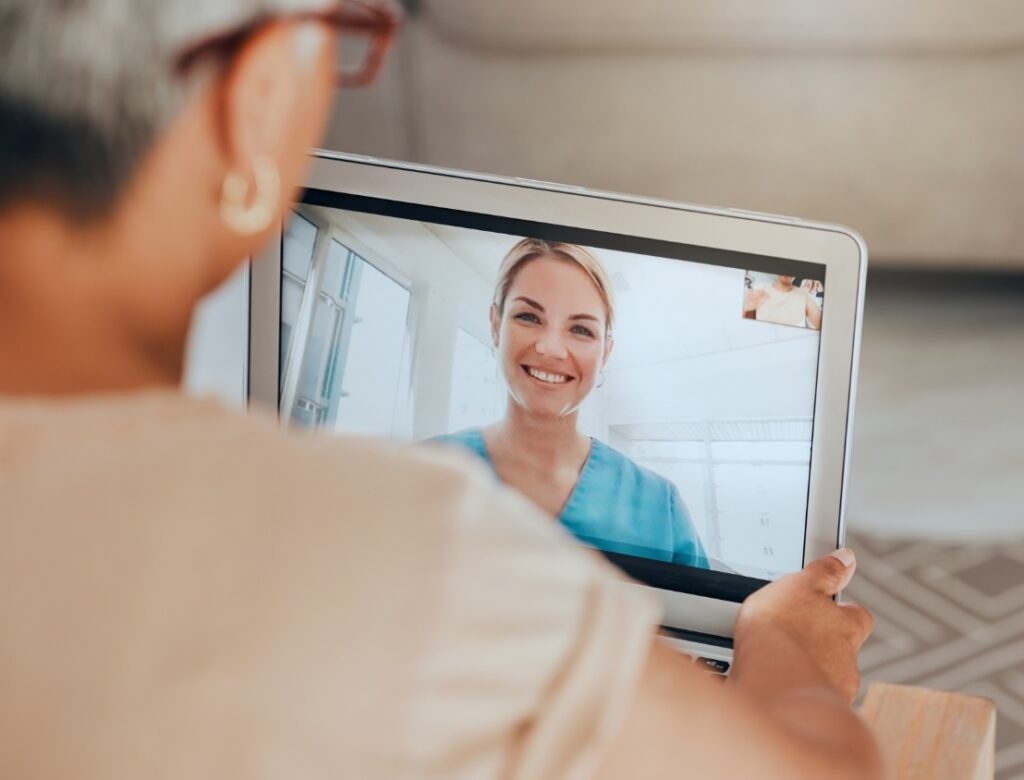A Look Back at Historic Innovations
-
The Dawn of Organized Nursing:
In the late 19th century, America saw the establishment of its first nursing school based on the principles of Florence Nightingale, marking a foundational shift in patient care and hospital management. -
The Introduction of Medical Imaging:
The development and widespread adoption of medical imaging techniques, such as X-rays in the early 20th century, transformed diagnostic medicine. This innovation provided doctors with insights into the internal state of the body without invasive procedures, greatly improving diagnostic accuracy and patient outcomes. -
The Rise of Antibiotics:
The mid-20th century saw the “golden era of discovery of novel antibiotics classes,” a monumental leap in medical science which drastically reduced mortality rates and set new standards for infection control in healthcare facilities.
Today’s Innovations: Enhancing Access, Increasing Efficiency
The spirit of innovation continues as hospitals embrace new technologies to meet contemporary healthcare demands. In an era shaped by market factors like a recent global health emergency, labor shortages among healthcare providers, organizational consolidation trends, and longer life expectancies, hospitals have a variety of tools and approaches that they can leverage:
Telehealth Programs

By allowing patients to consult with healthcare providers remotely, telehealth programs increase access to medical advice and routine care, especially in rural and underserved areas where a consultation with the right specialist is no easy task.
Remote or virtual care delivery is an opportunity for a variety of medical specialties. According to a 2023 survey of healthcare providers by LocumTenens.com, many practitioners would like more telehealth-based patient interactions, including:
- 45% of Rehabilitative Specialists
- 41% of Behavioral Medicine Specialists
- 41% of Generalists
- 37% of Internal Medicine Subspecialists
- 32% of Hospital-Based Specialists (ER, ICU, Hospitalists)
Hybrid Telehealth Models

Hybrid models combine in-person and remote care, enabling hospitals to offer continuous, comprehensive healthcare services. These models are crucial in specialties where patient monitoring and timely intervention can be life-saving.
Locum Tenens Staffing Solutions

Flexible locum tenens staffing plays a critical role in supporting these innovative programs. By filling gaps in staffing, locum tenens professionals ensure that hospitals can maintain high standards of care during transitions and peaks in demand.
Supporting Hospitals Who are Changing the Game
At LocumTenens.com, we are committed to supporting hospital innovations which acknowledge the macro market realities and the nuances of individual facilities. By relying on experts on telehealth models, billing and enrollment, physician onboarding and APP scheduling, we examine specific needs and custom-tailored solutions that break new ground, empowering hospitals around the nation to implement new programming and expand their service offerings in support of their patient communities.
Thank you to all facilities delivering top quality care in a turbulent and often unpredictable era. Contact our team today to talk through a plan to improve care access for your patient community.





